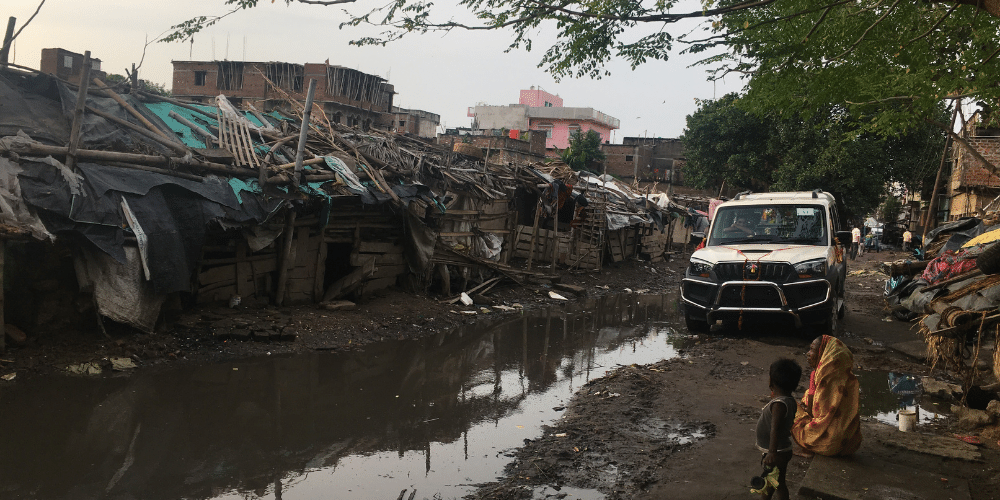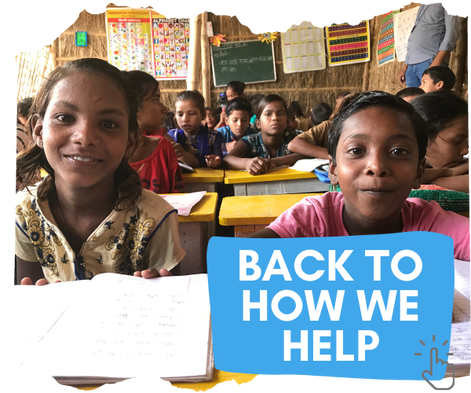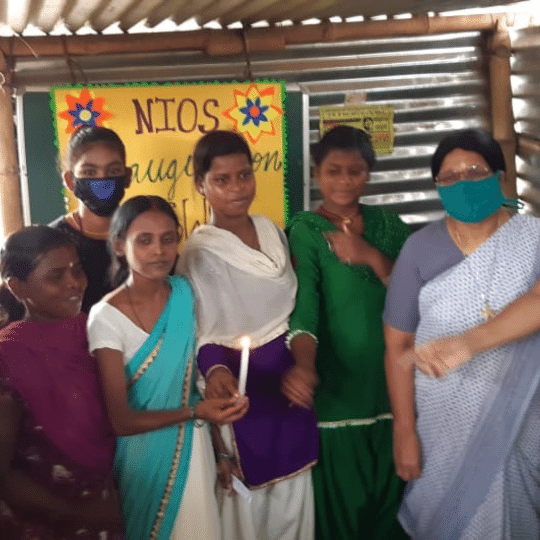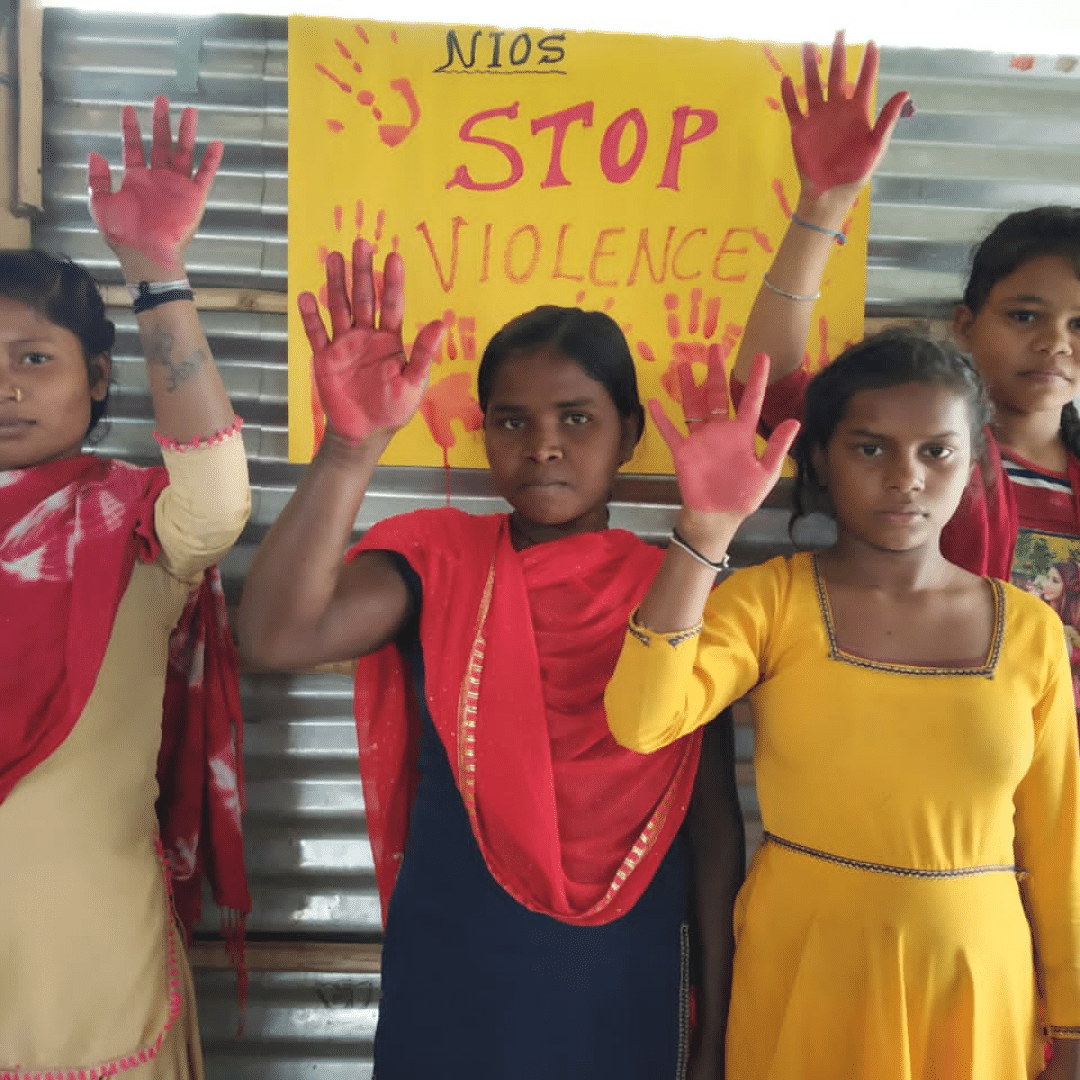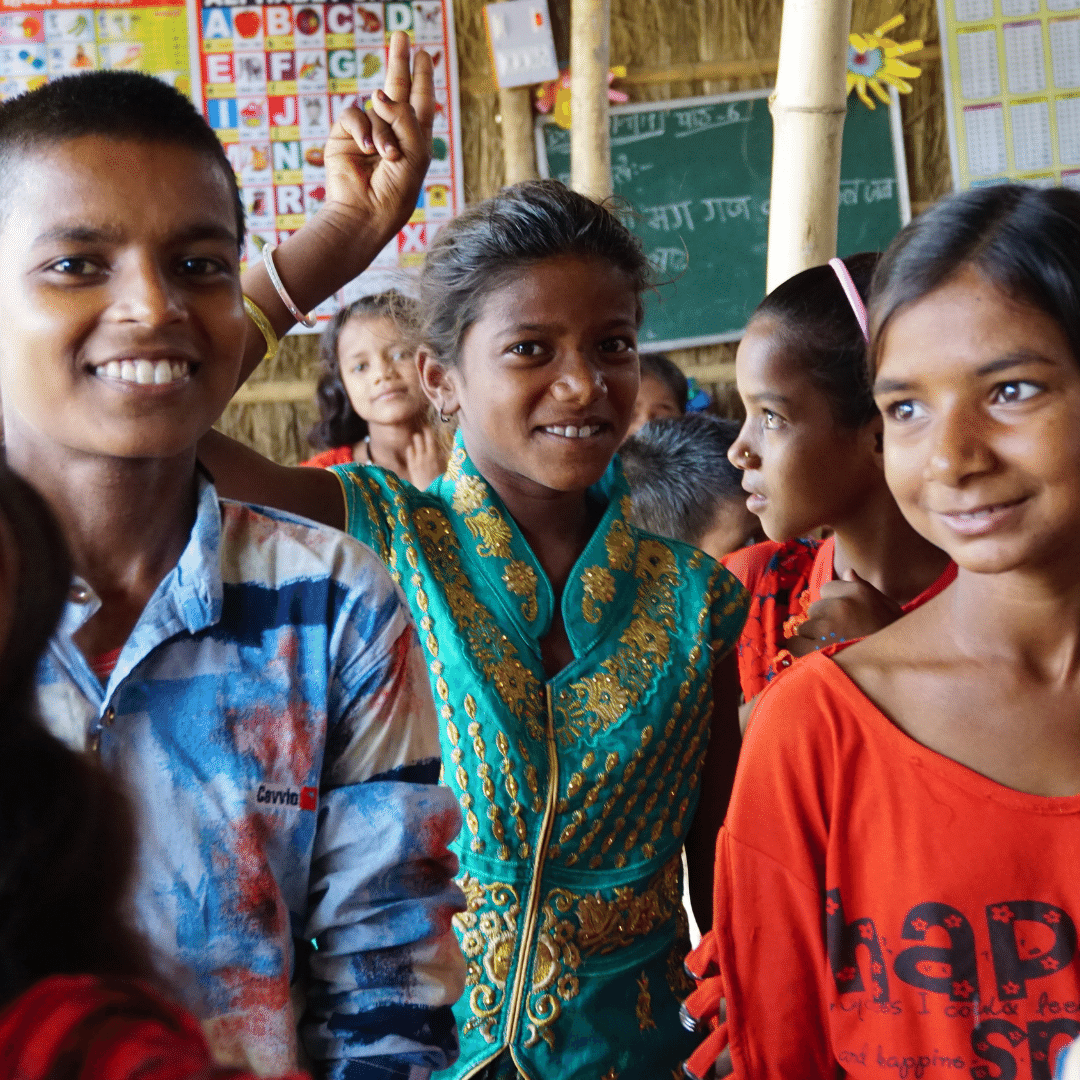WHO ARE THE DALITS?
The Dalit people, often referred to as ‘untouchables’ are India’s lowest caste. Considered to be contaminated and ‘unclean’ from birth, they are shunned by society and suffer from exclusion, discrimination and exploitation. Of the twenty-one strata of Dalit castes, the Musahar are the lowest.
The word Dalit translates as ‘oppressed’ or ‘broken’ and is generally used to refer to people who were once known as ‘untouchables’ because of the impurity and pollution connected with their traditional ‘outcaste’ occupations.
As members of the lowest rank of Indian society, Dalits face discrimination at almost every level, from access to education and medical facilities to restrictions on where they can live and what jobs they can have.
The word Dalit translates as ‘oppressed’ or ‘broken’ and is generally used to refer to people who were once known as ‘untouchables’ because of the impurity and pollution connected with their traditional ‘outcaste’ occupations.
As members of the lowest rank of Indian society, Dalits face discrimination at almost every level, from access to education and medical facilities to restrictions on where they can live and what jobs they can have.
WHAT IS THE CASTE SYSTEM?
The caste system assigns individuals a certain hierarchical status according to Hindu beliefs. Traditionally there are four principal castes (divided into thousands of sub-categories) and a fifth category of people who fall outside of the caste system; the Dalits.
Despite the fact that discrimination based on caste was outlawed by India’s constitution in 1950, the practice of ‘untouchability’ still dictates the order of modern life for millions living in India.
Despite the fact that discrimination based on caste was outlawed by India’s constitution in 1950, the practice of ‘untouchability’ still dictates the order of modern life for millions living in India.
WORKING IN BIHAR STATE
Bihar is in the top five poorest states of India and one of the biggest child labour employers. It is the 12th largest state in terms of geographical size but the third largest by population.
Within this dense population it is estimated that 55.9% of children in Bihar State are malnourished, which is the third highest level in all the Indian states. Recent research has also shown that the mortality rate of Dalit children is 76% higher than the rest of the population.
Abuse of the Dalit caste is particularly high in Bihar. Despite having just 8% of the country’s scheduled caste population, this state has one of the highest numbers of crime cases registered against scheduled castes, contributing 16-17% of all Indian crimes against Dalits.
This combination of persecution, discrimination and poverty leaves Dalit children in Bihar extremely vulnerable. Not only this, but there are high numbers of ‘Musahar’ children who represent the lowest strata of the Dalit caste. The term Musahar literally translates as ‘rat eaters’, a practice which ostracises the Musahar from other Dalit castes and reflects their desperate struggle for daily survival.
Within this dense population it is estimated that 55.9% of children in Bihar State are malnourished, which is the third highest level in all the Indian states. Recent research has also shown that the mortality rate of Dalit children is 76% higher than the rest of the population.
Abuse of the Dalit caste is particularly high in Bihar. Despite having just 8% of the country’s scheduled caste population, this state has one of the highest numbers of crime cases registered against scheduled castes, contributing 16-17% of all Indian crimes against Dalits.
This combination of persecution, discrimination and poverty leaves Dalit children in Bihar extremely vulnerable. Not only this, but there are high numbers of ‘Musahar’ children who represent the lowest strata of the Dalit caste. The term Musahar literally translates as ‘rat eaters’, a practice which ostracises the Musahar from other Dalit castes and reflects their desperate struggle for daily survival.
BARRIERS TO EDUCATION
Currently, schools in Bihar are legally obliged to include children from all castes, but because of the prevailing prejudice, most of these schools are either abandoned, barely functioning or allowing Dalit children to attend, but treating them with cruelty and neglect.
Dalit children are frequently discriminated against, being made to sit at the back of the class and restricted from touching or interacting with children from other castes. As a result, those who do make it into school often drop out at an early age. Official data is hard to obtain as so few Dalits have official paperwork, so are not captured by any formal statistics and surveys.
We know that 62% of Dalits are illiterate indicating they have likely not completed primary school. The National Institute for Open Schooling in India estimates there are 105 million children who have dropped out before 8th standard. This is the equivalent to Year 9 in the UK and the end of Indian upper primary, when key exams are taken. Informal data on school drop outs show more than nearly 60% children who drop out are Dalit children.
A study conducted by National Confederation of Dalit and Adivasi Organizations (NACDAOR) states “more than half Dalit children drop out from school between 1st to 10th standard" [equivalent of to Years 2-11 in UK].
Dalit children are frequently discriminated against, being made to sit at the back of the class and restricted from touching or interacting with children from other castes. As a result, those who do make it into school often drop out at an early age. Official data is hard to obtain as so few Dalits have official paperwork, so are not captured by any formal statistics and surveys.
We know that 62% of Dalits are illiterate indicating they have likely not completed primary school. The National Institute for Open Schooling in India estimates there are 105 million children who have dropped out before 8th standard. This is the equivalent to Year 9 in the UK and the end of Indian upper primary, when key exams are taken. Informal data on school drop outs show more than nearly 60% children who drop out are Dalit children.
A study conducted by National Confederation of Dalit and Adivasi Organizations (NACDAOR) states “more than half Dalit children drop out from school between 1st to 10th standard" [equivalent of to Years 2-11 in UK].
|
Children on the Edge supports 31 Learning Centres in Bihar State who offer education to over 970 Dalit children. To build a protective environment for these children in their wider community, we also support 89 Women’s Groups. We work with them to develop essential skills and knowledge so they can realise their rights and break the cycle of discrimination. |
YOU MIGHT LIKE
|
READ ABOUT HOW WE'RE GETTING DALIT TEENS BACK INTO EDUCATION
|
READ HOW OUR LEARNING CENTRES ARE PREVENTING CHILD MARRIAGE
|
READ ABOUT SCHOOLS IN INDIA REOPENING AFTER LOCKDOWN
|


